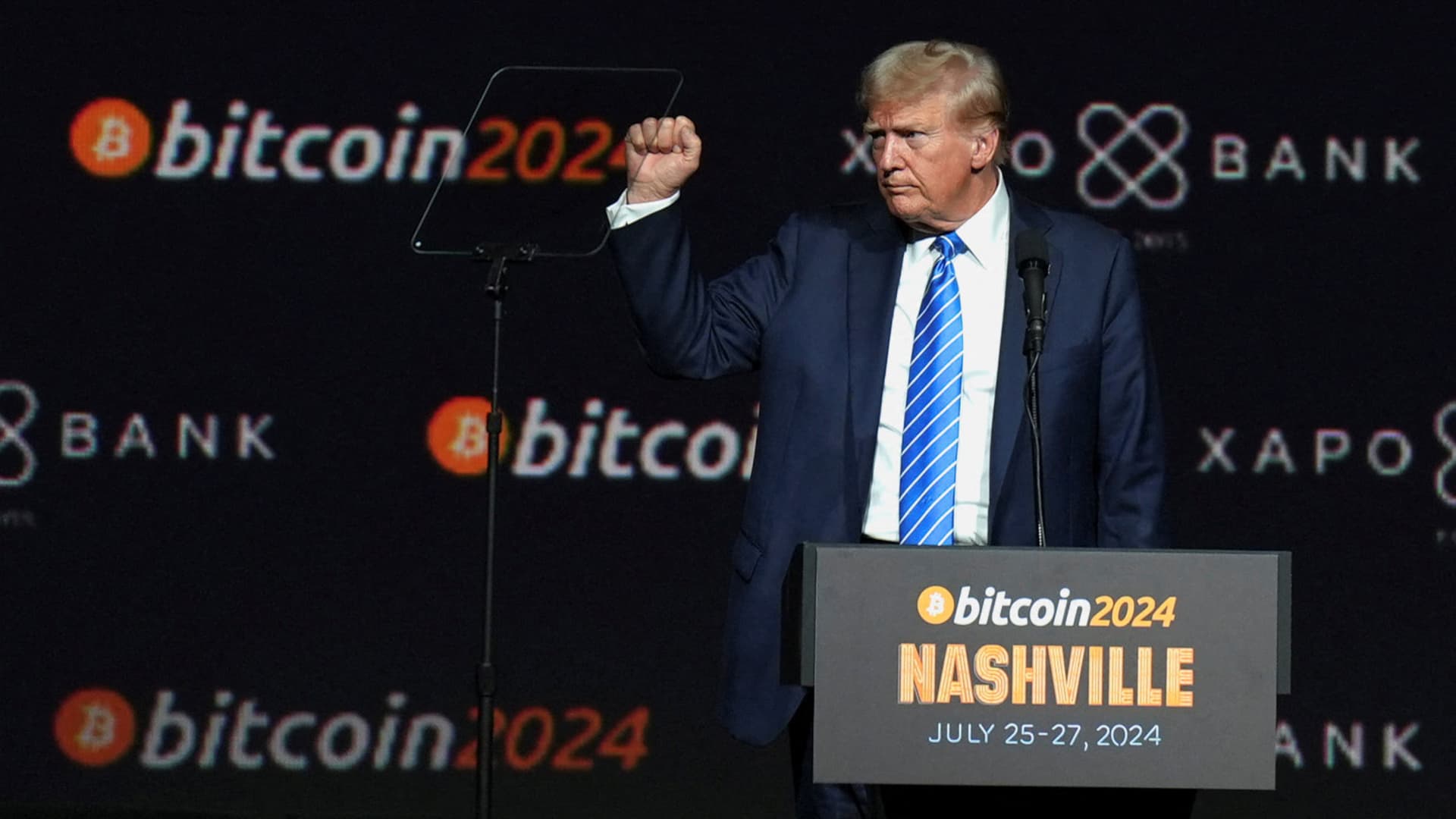Introduction
As the political landscape of Washington, D.C., braces for a shift with the upcoming Trump administration, a wave of pro-crypto legislation is emerging. However, the often-overlooked aspect of cybersecurity may pose challenges to cryptocurrency’s trajectory amid skepticism from an apprehensive public. With substantial portions of Americans lacking confidence in the security of digital assets, the implications of new legislation could reshape not only the crypto market but also the cybersecurity framework surrounding it.
The Bipartisan Push for Crypto Regulation
With Congress on the brink of rolling out pro-crypto initiatives, pivotal legislative efforts like the Financial Innovation and Technology for the 21st Century Act (FIT21) are at the forefront. Designed to provide a comprehensive regulatory framework, FIT21 emphasizes the need for cybersecurity safeguards within the industry. Lawmakers, recognizing the importance of a secure framework, assert that robust cybersecurity measures are essential for protecting consumers and maintaining the integrity of digital asset markets.
The Crypto Industry’s Political Influence
The cryptocurrency sector has not only gained traction among investors but has also wielded considerable political influence, contributing millions to campaign funds across the political spectrum. This trend underscores an increasingly pro-crypto Congress and a Republican president, potentially reshaping the regulatory landscape. Proponents view regulation as a pathway toward legitimacy rather than a barrier, raising questions about the balance between innovation and necessary oversight.
The Impact of Cybercrime on Legislative Focus
As ransomware attacks burgeon and cybercriminals adapt their strategies, the interplay between cryptocurrency and cybercrime becomes crucial. Experts contend that efforts to regulate ransom payments, which are frequently made in digital currencies, could gain traction within a Congress influenced by growing concerns over cybersecurity. The dichotomy of increased regulation versus the desire for anonymity in crypto transactions presents a complicated scenario for legislators.
Future Legislation and Governance Challenges
Despite a suite of pro-crypto measures, significant governance challenges remain. Questions around regulatory authority over digital assets—whether under the SEC or CFTC—persist, stymying progress on effective legislation. Furthermore, as the new administration embarks on its agenda, the long-term trajectory for cryptocurrency regulation and cybersecurity protection remains ambiguous, dependent on the framing of new policies and the willingness of lawmakers to tackle the complexities of the industry.
Key Takeaways
- A wave of pro-crypto legislation is anticipated with the incoming Trump administration.
- Cybersecurity remains a critical yet underemphasized element within crypto regulatory efforts.
- The cryptocurrency industry’s political contributions highlight its growing influence on legislation.
- Changes in the regulatory landscape could affect how cybercrime and cryptocurrency interact moving forward.
- Governance challenges around digital assets continue to complicate the legislative process.

